Ketosis insomnia is a part of a group of common side effects called the keto flu dieters experience after starting the ketogenic diet.
Many dieters experience insomnia along with other keto flu symptoms. Fortunately, it is a temporary side effect and could pass without intervention in a few days or weeks.
RELATED: 7 Foods That Help You Sleep And The Importance Of Nutrition With Sleep
Ketosis Insomnia | What You Need to Know
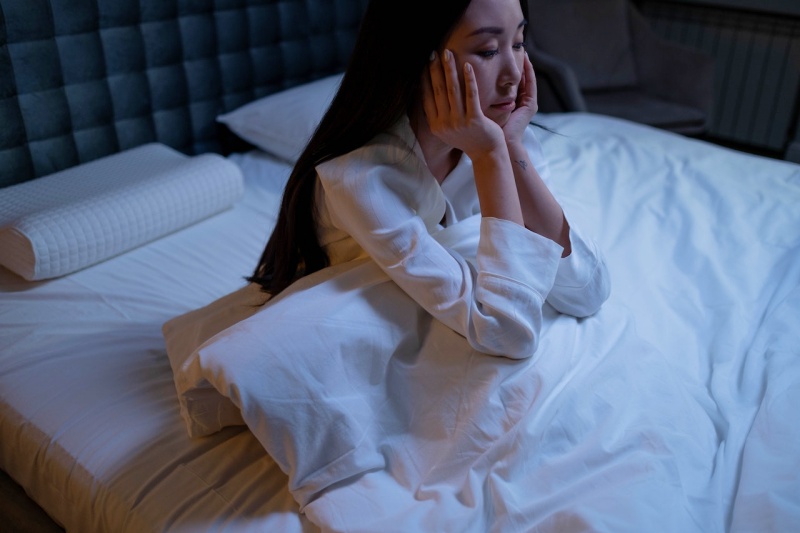
How Does the Keto Diet Work?
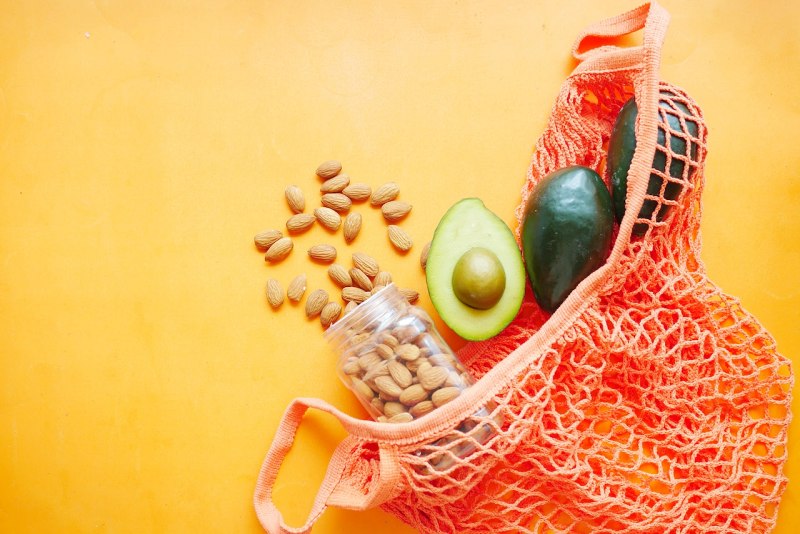
The body typically runs on glucose.
Carb-rich foods enter our bodies, and the glucose from those enter your cells, powering them up. However, when you eat too many carbs, insulin might convert these unused carbs into fatty stores.
This is precisely what the ketogenic diet seeks to change.
As you limit you carb intake, your body will turn to ketones as an alternative main source of energy. With the carb constriction, your body will convert stored fat molecules into ketones.
As ketogenesis can only happen with a low-carb diet, dieters need to limit their carb intake to 50g per day to set off and and stay in a state of ketosis. And along with this drop in carbohydrates can set the stage for ketosis insomnia.
How Does Ketosis Insomnia Happen?
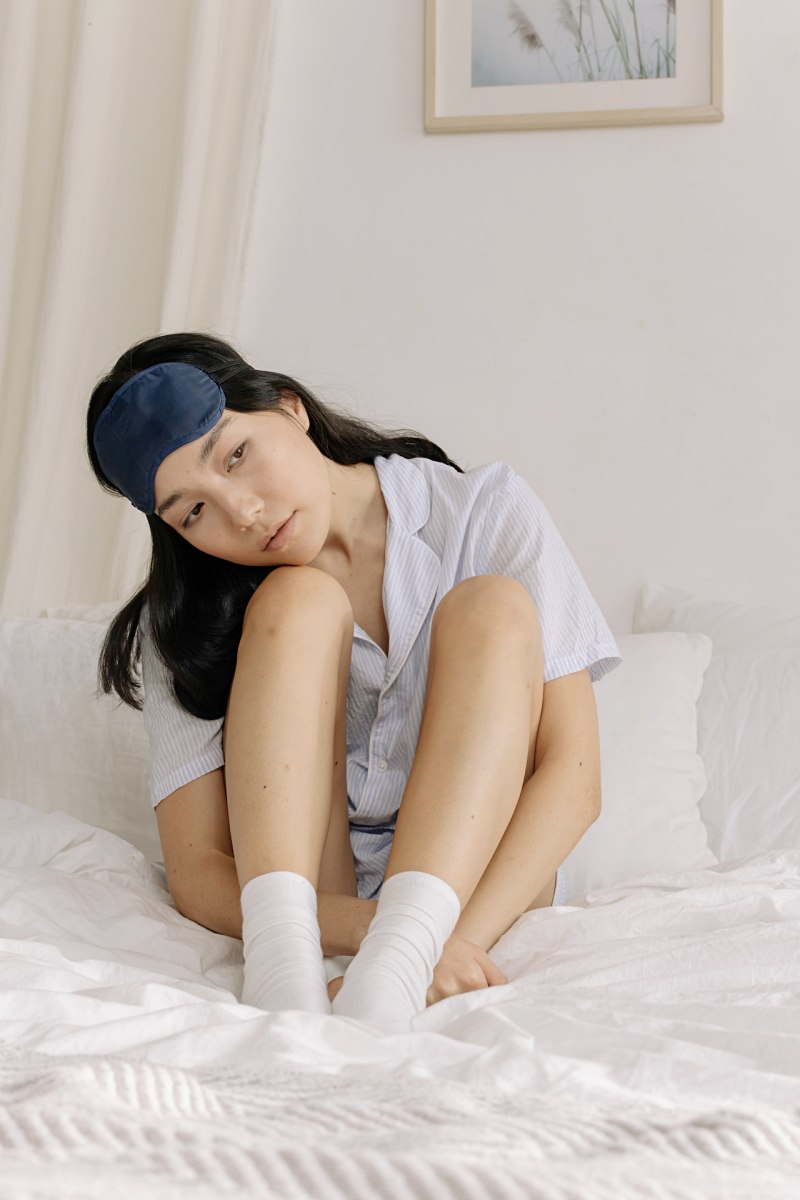
When you go on a keto diet, you limit how much carbs you consume and making up for that in healthy fats. And it’s the lack of carbs—and all the nutrients that come with them—that scientists think might be causing your insomnia.
A good mix of carbohydrates and tryptophan kick of a process that preps your body for sleep.
Tryptophan is an amino acid you that you can only get from your diet. And it’s a key ingredient and precursor to serotonin and melatonin production—hormones crucial to sleep.
Carbs from your diet releases insulin, which lowers the quantity of other amino acids, increasing the ratio of your plasma tryptophan. This opens the door for tryptophan to enter your brain.
Without dietary carbohydrates driving tryptophan to your brain, you might find yourself facing sleepless nights.
However, keep in mind that this effect is short-term and you’ll be back to dreamland within days or weeks.
RELATED: How Much Sleep Do You Need To Keep Yourself Healthy?
How Do You Improve Keto Insomnia?
1. Time Your Meals

Keto dieters might feel peckish during the first days of their diet. And if you feel like grabbing a snack around bedtime, you might find yourself daydreaming about carbs instead.
Have your dinner two hours before hitting the hay. This will leave you full and satisfied before bed, allowing you to focus on resting up for the next day.
2. Review Your Meal Plan For Foods That Keep You Up
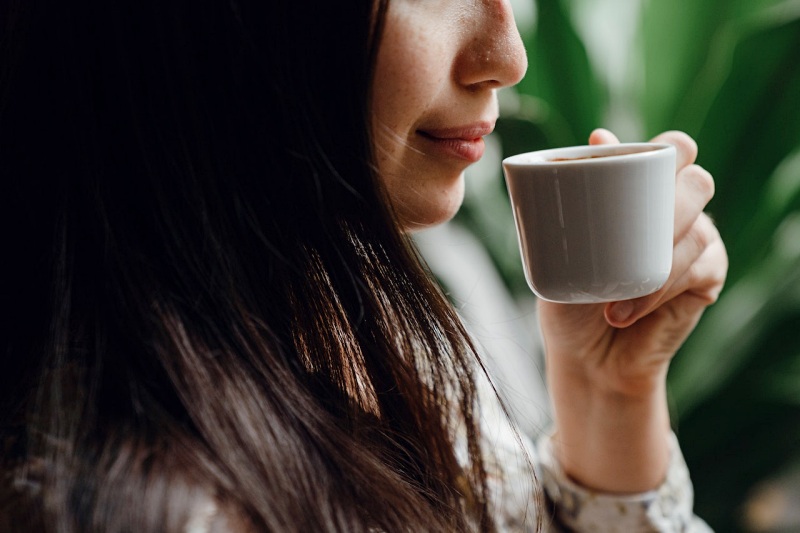
Beverages like unsweetened coffee or bulletproof coffee may have replaced your sugary, carb-rich drinks. If you have made the switch, modify your meal plan or look for caffeine-free alternatives.
3. Maximize Melatonin-Rich Meals

If your current keto diet doesn’t contain sleep-inducing foods, introduce them in your meal plan.
The antioxidants, melatonin, and zinc in foods like tart cherry juice, kiwi, and oysters may help improve your sleep duration.
Other keto-approved foods that may help you sleep include:
Keep in mind that in the keto diet, you are still allowed some carbs. A nutrient-rich and keto-approved helping of fruits and leafy greens daily may help improve your sleep and general health.
4. Take Melatonin Supplements to Counter Ketosis Insomnia
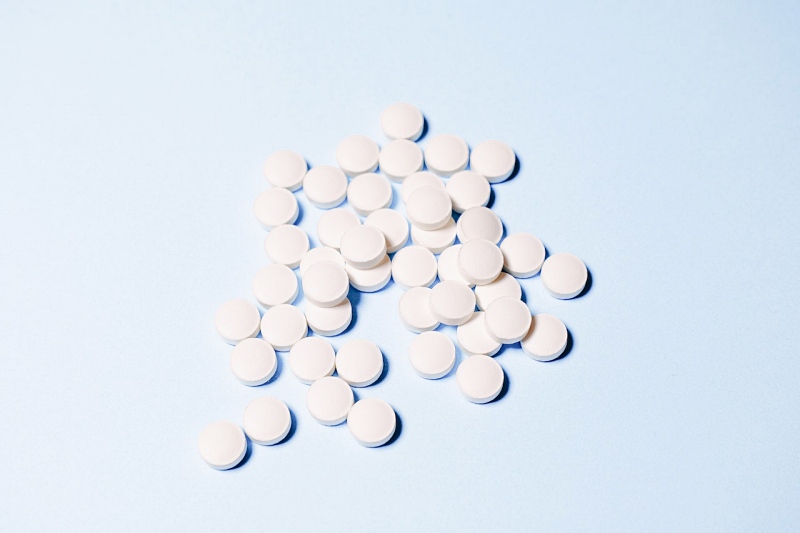
Ideally, you would get your nutrients from vitamin-rich foods. However, if you’re cutting of important macronutrients, you may be able to get melatonin from supplements.
Start with small doses. A 2-mg dose one or two hours before bed may help you fall asleep.
5. Load up on Electrolyte Supplements

One of the effects of the keto diet is an electrolyte imbalance.
The diet might have a diuretic effect on your body, potentially causing you to lose a lot of essential electrolytes and nutrients like sodium, potassium, and magnesium.
Researchers recommend staying hydrated and ensuring electrolyte intake to combat keto flu symptoms, like:
- insomnia
- dizziness
- nausea
- vomiting
- fatigue
- headache
- constipation
6. Don’t Lose Sleep over It
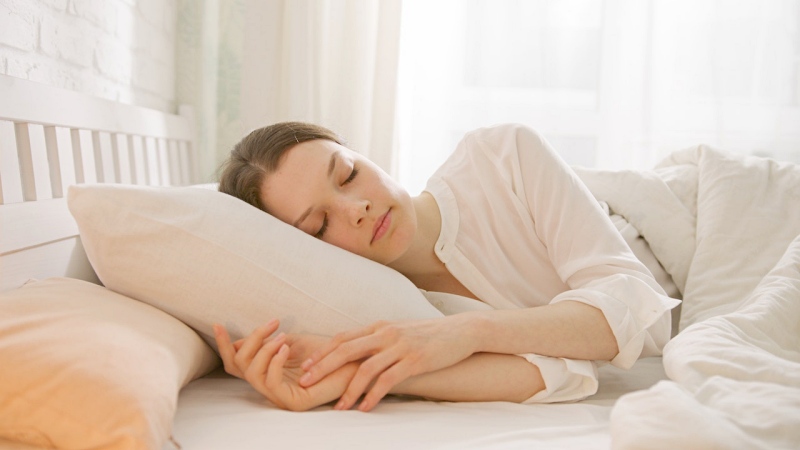
Don’t lose sleep over the fact that you can’t sleep. Try light, soothing activities that can help clear your mind as part of your bedtime routine. A light novel can help lull you to sleep. White noise or your favorite jazz playlist might also double as a soothing lullaby.
Keep in mind that symptoms of the key flu are temporary and will resolve themselves over time. How quickly you get over them depends on each individual. Thankfully, there are things you can actively do and foods you can eat to help improve your sleep quality and counter other keto flu symptoms.
Getting over Ketosis Insomnia
Ketosis insomnia could go away on its own within weeks. However, if the sleeplessness and fatigue is hurting you mentally and physically, consult your doctor. You may need to adjust your diet and find a new one that better suits your health status, lifestyle, and eating pattern.
On a positive note, there are things you can actively do to combat ketosis insomnia. This entails going over your meal plan with your dietitian to make sure you stay hydrated and avoid electrolyte imbalance, getting your fill of sleep-promoting nutrients, and throwing in sleep-healthy antioxidants.
Improving your sleep hygiene and incorporating sleep-promoting bedtime habits can also help lull you to sleep and improve your sleep quality until you get over your keto flu.
Are you new to keto? Have you been experiencing insomnia or other tell tale signs of the keto flu? Share your thoughts with us! We’d love to hear from you.
UP NEXT:

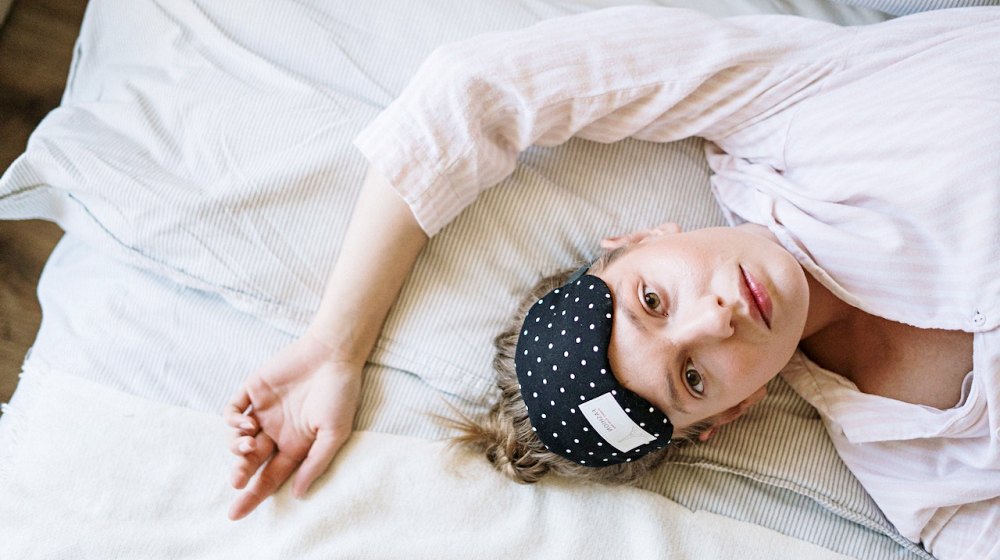








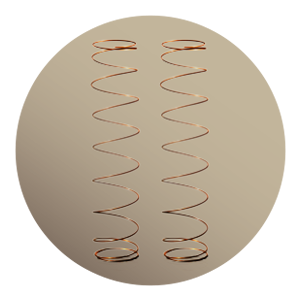
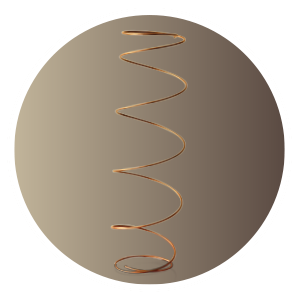
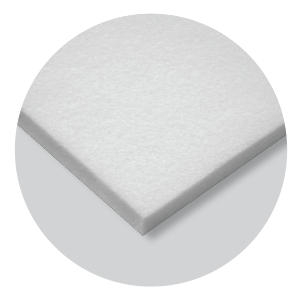
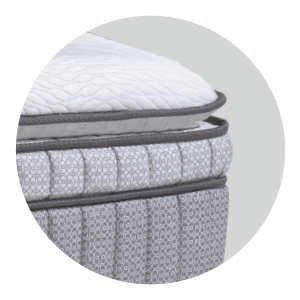
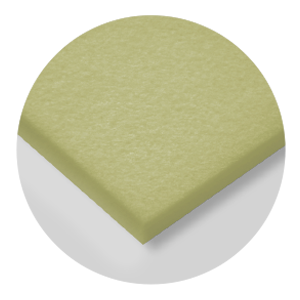
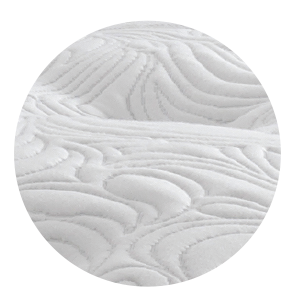
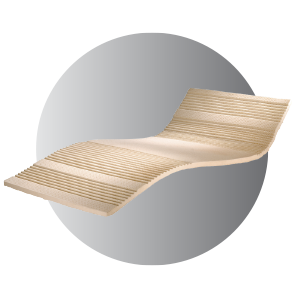


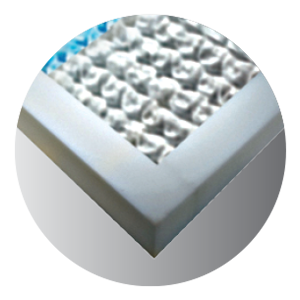
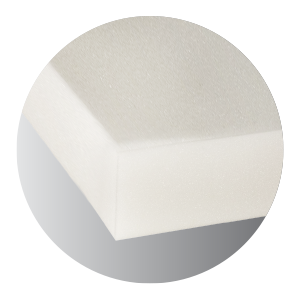

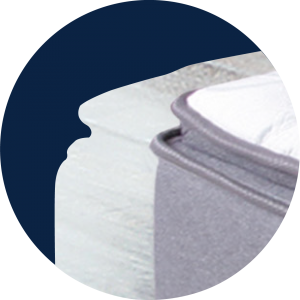

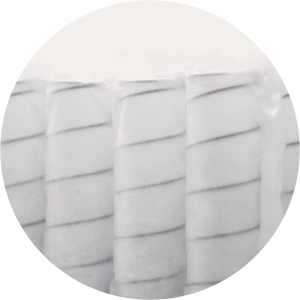
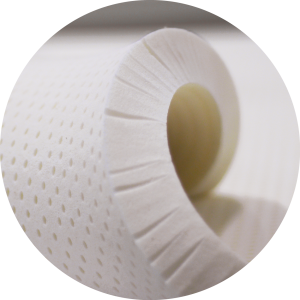


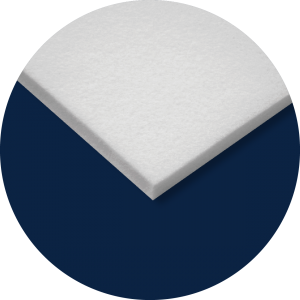

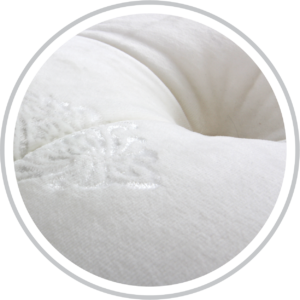
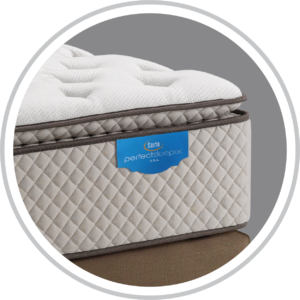

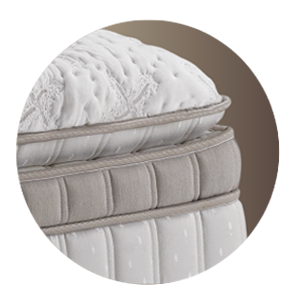


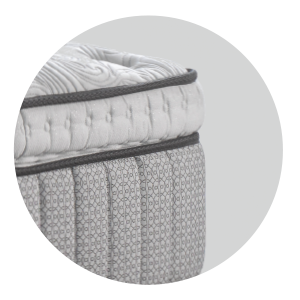


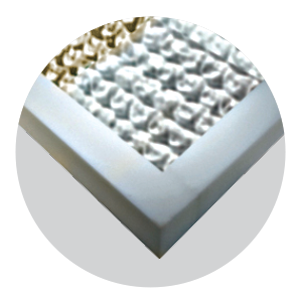
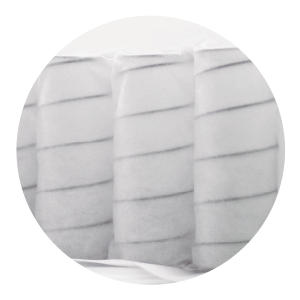

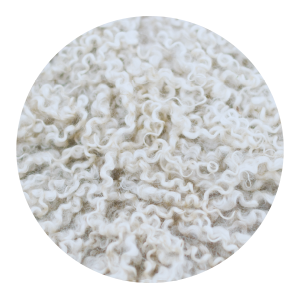
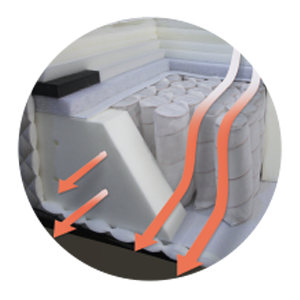

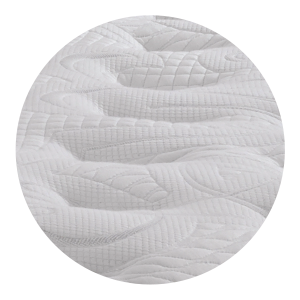
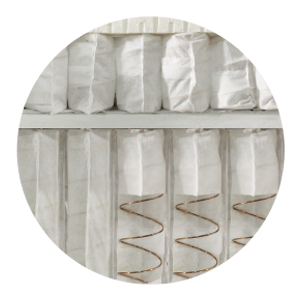
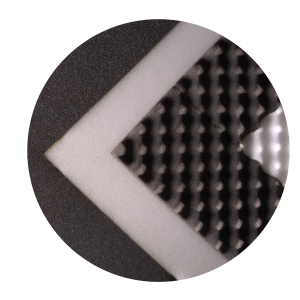


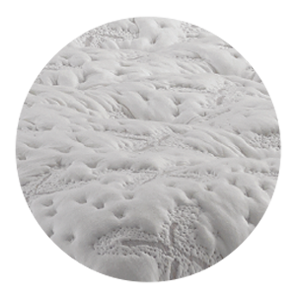

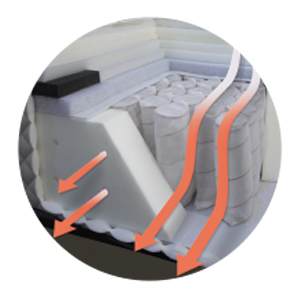
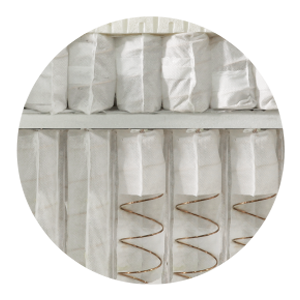
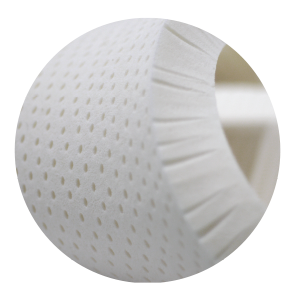
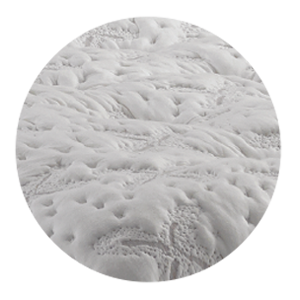
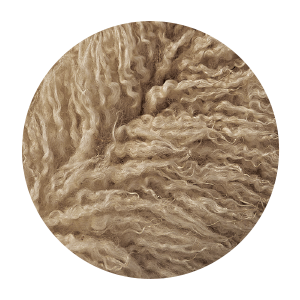
0 Comments